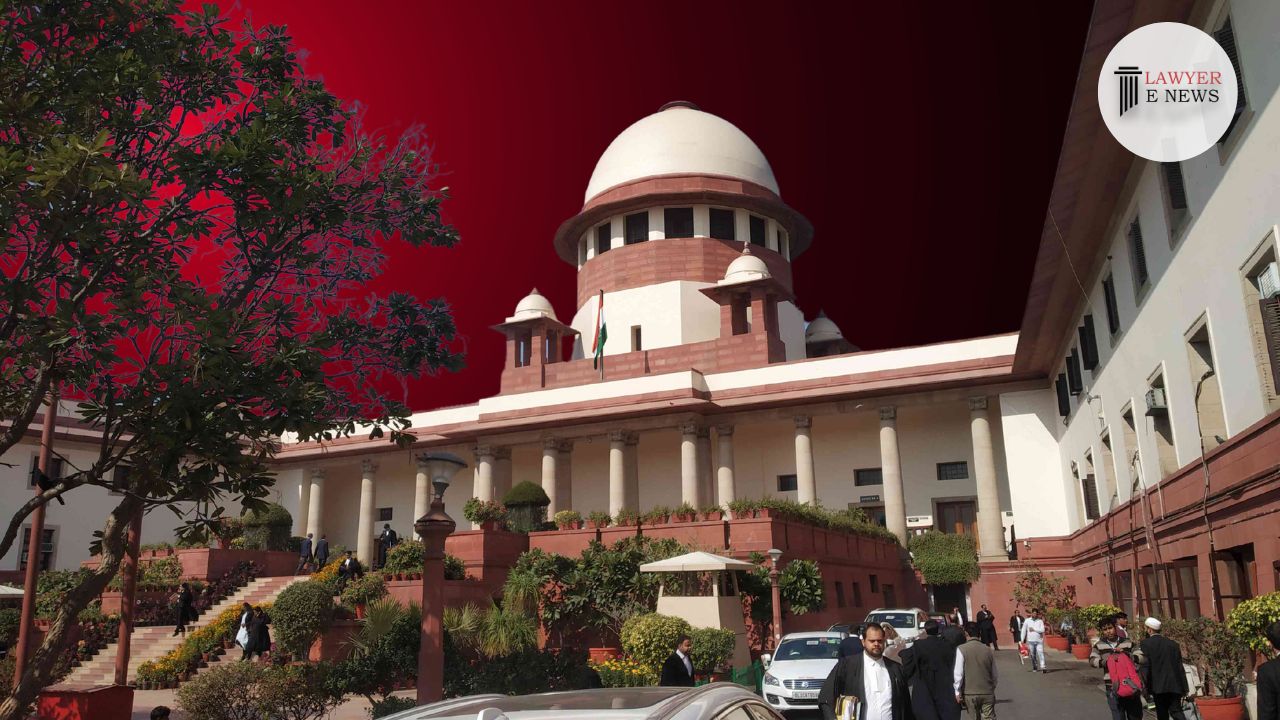-
by Admin
16 February 2026 4:21 AM



In a recent order, the Supreme Court of India dismissed a transfer petition filed by Komal Nikhilesh Anand & Ors. against Akhilesh Anand, emphasizing the petitioner's duty to respond to court summons.
"The contention that the petitioner-wife never visited any place in Bihar is essentially a question of fact, which cannot be urged as a ground for transfer," remarked Hon'ble Mr. Justice Dipankar Datta. This observation was made when the petitioner-wife sought a transfer of cases from courts in Bihar to the Hon'ble Family Court in Mumbai, Maharashtra.
The Court, however, did condone a delay of 5 days in refiling the transfer petition. The petitioner had presented this petition under Section 406 of the Code of Criminal Procedure, 1973, citing various cases that she wished to be transferred.
Justice Dipankar Datta was not impressed by the petitioner’s reasoning for seeking the transfer, noting, "It is obvious that for the omission or the failure of the petitioner-wife to respond to the summons, the Court may not have been left with any other option but to issue a non-bailable warrant."
Highlighting the need for legal prudence, the Court observed, "It is clear from the factual narrative that in order to avoid the execution of the warrant, the petitioner-wife has now approached this Court with this misconceived prayer for transfer."
The Court concluded by dismissing the petition as "devoid of merit." However, the dismissal does not preclude the petitioner-wife from taking steps in accordance with law for her appearance before the concerned courts.
With this ruling, the Court has sent a clear message that evading one’s legal responsibilities by seeking a transfer of cases will not be entertained, thereby upholding the sanctity of legal processes.
Date of Decision: 13-10-2023
KOMAL NIKHILESH ANAND & ORS. vs AKHILESH ANAND
